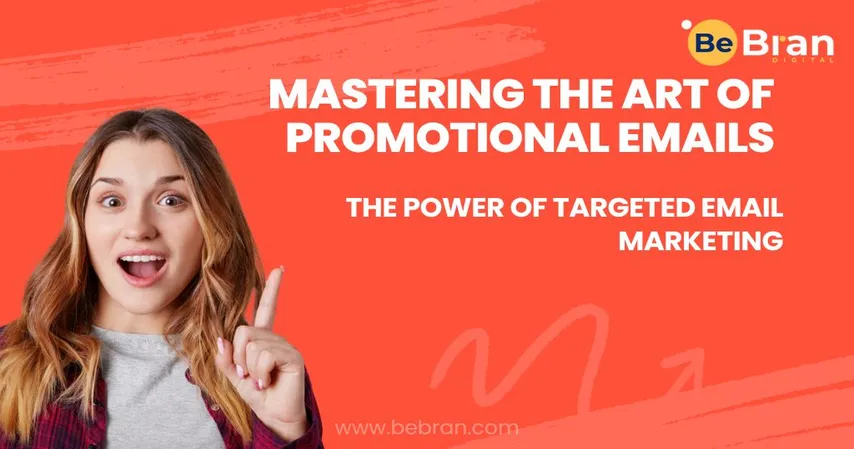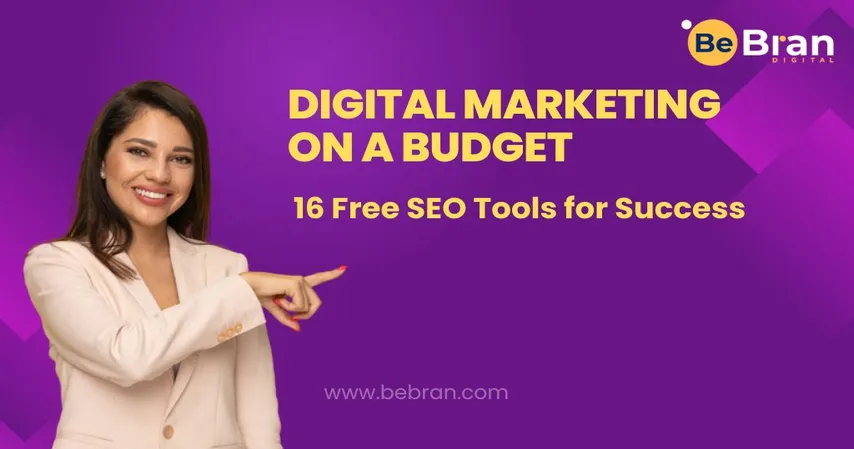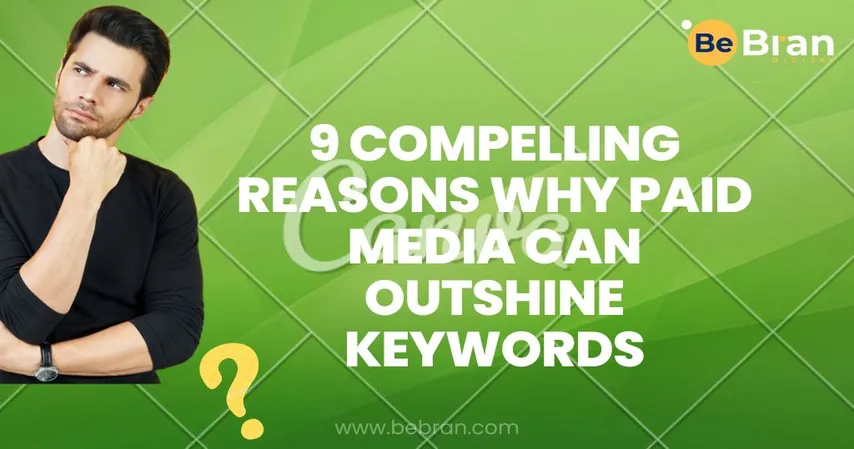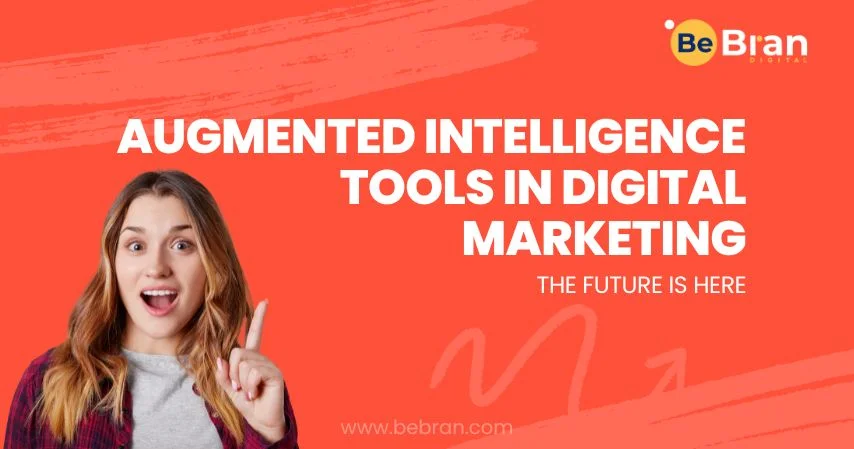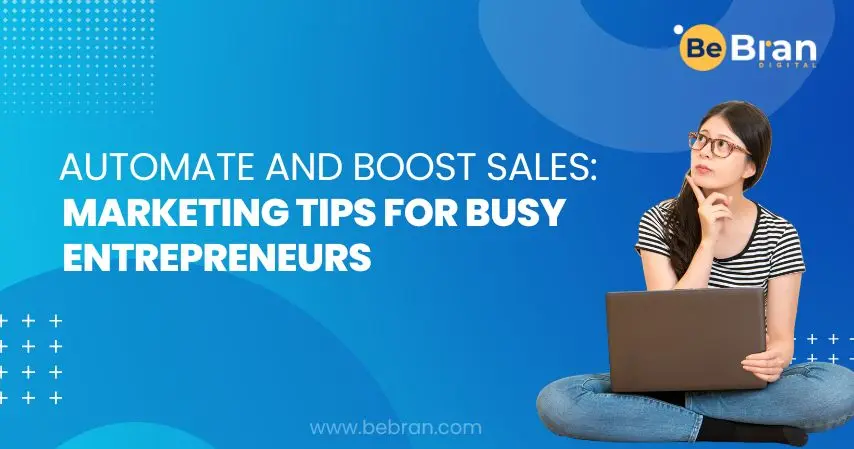Q.1. What is digital marketing?
- The promotion of products or brands via electronic media, using strategies like SEO, social media, and email marketing.
Q.2. How does e-commerce marketing differ from traditional digital marketing?
- E-commerce marketing is tailored specifically to driving online sales, leveraging digital marketing tools for an online retail context.
Q.3. What role does content marketing play in e-commerce?
- It helps in building brand authority and trust, engaging potential customers, and driving them to e-commerce platforms.
Q.4. Can content marketing improve SEO for e-commerce sites?
- Yes, by providing valuable, relevant content, it can improve search rankings and drive organic traffic.
Q.5. How important is social media in digital marketing?
- Social media is crucial for engaging with audiences, increasing brand visibility, and promoting content and products.
Q.6. What are the best platforms for e-commerce marketing?
- This depends on your target audience, but commonly includes websites, social media platforms, and email.
Q.7. How can I measure the success of my content marketing efforts?
- Through metrics like engagement rates, website traffic, conversion rates, and sales.
Q.8. What are some effective digital marketing strategies for e-commerce?
- SEO, PPC advertising, social media marketing, and email campaigns are effective strategies.
Q.9. Can digital marketing strategies be applied to brick-and-mortar stores?
- Yes, they can be used to drive both online and in-store traffic.
Q.10. Is email marketing still effective in e-commerce?
- Yes, it remains a vital tool for personalized communication and driving sales.







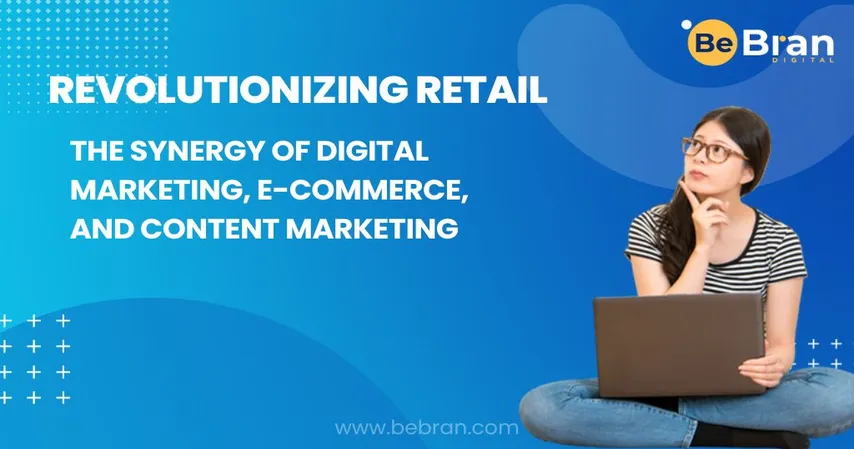




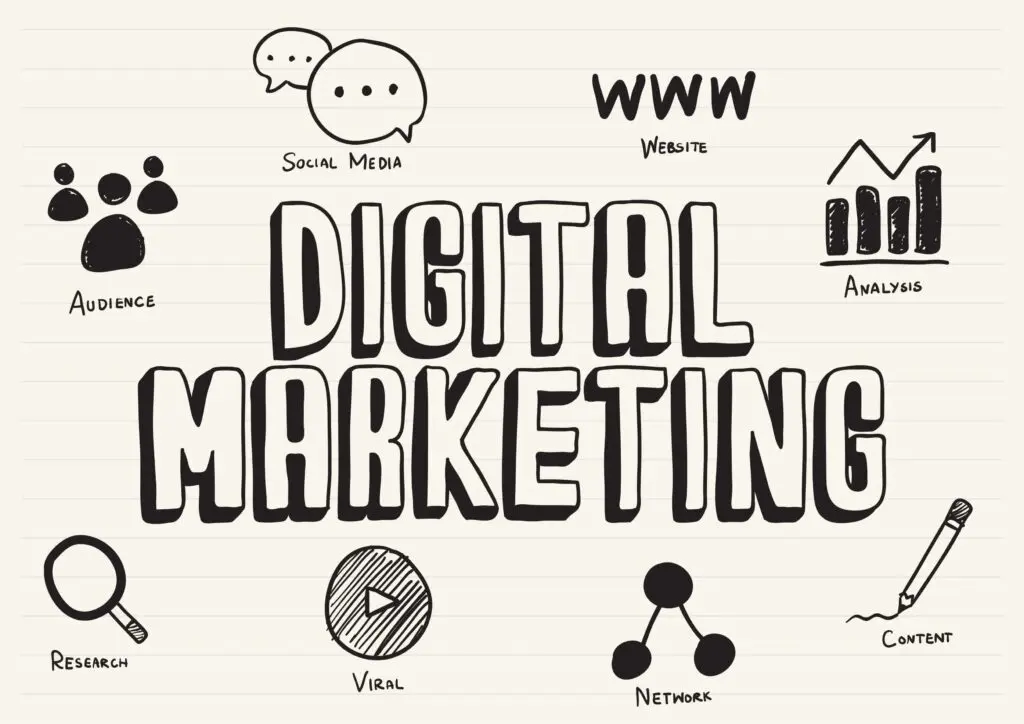

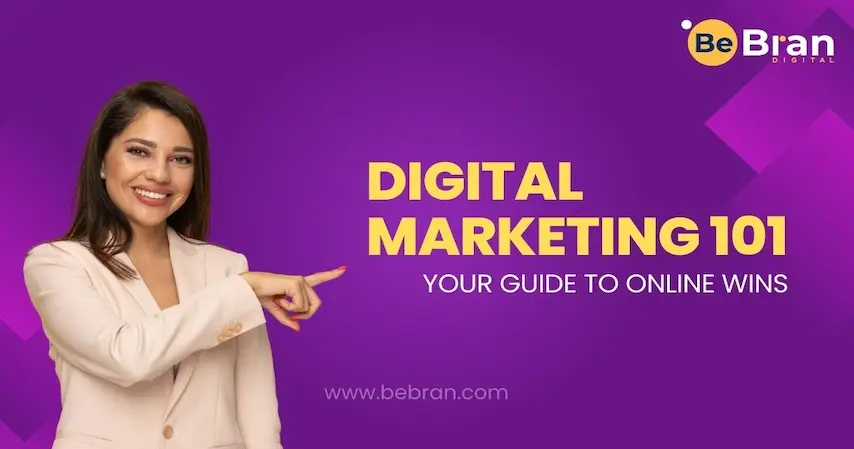

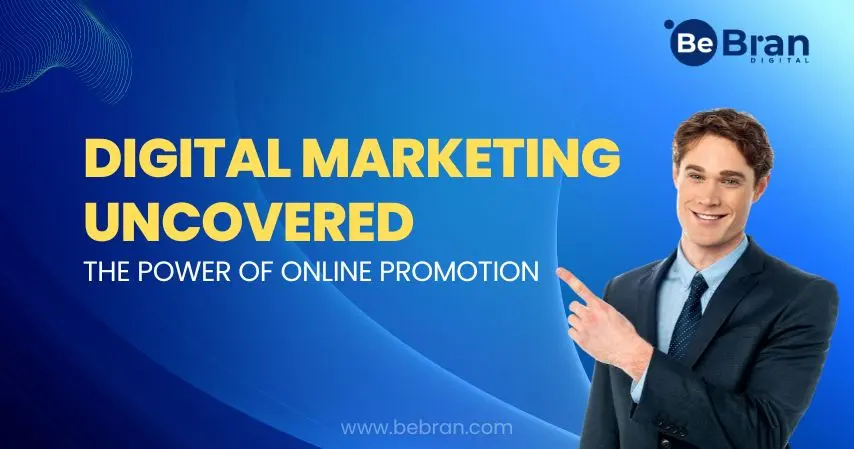

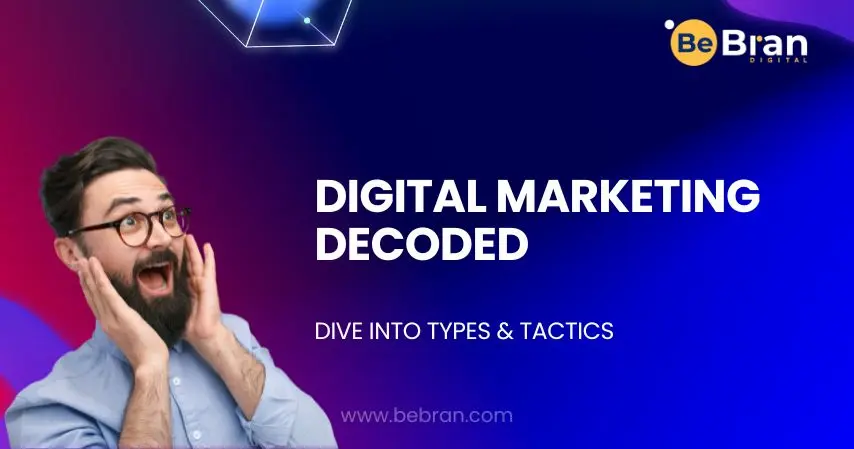
![1707475220 Bebran[1]](https://bebran.com/public/uploads/1709354499_1707475220_bebran[1].webp)
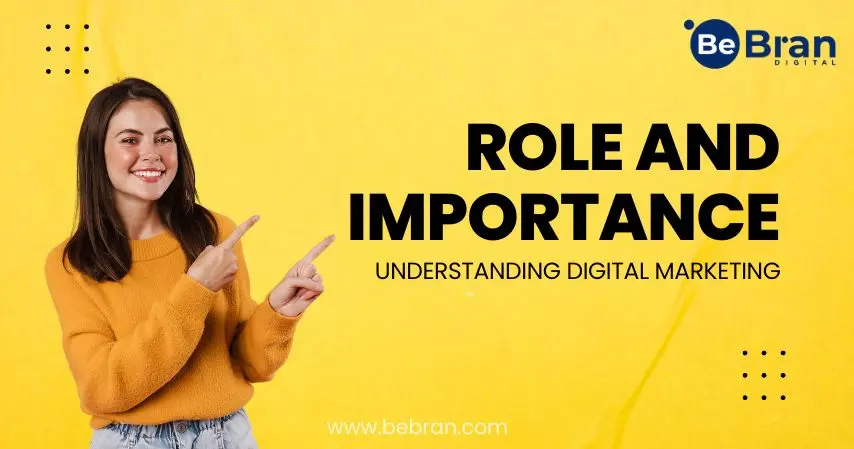
![1707475220 Bebran[1]](https://bebran.com/public/uploads/1709355820_1707475220_bebran[1].webp)
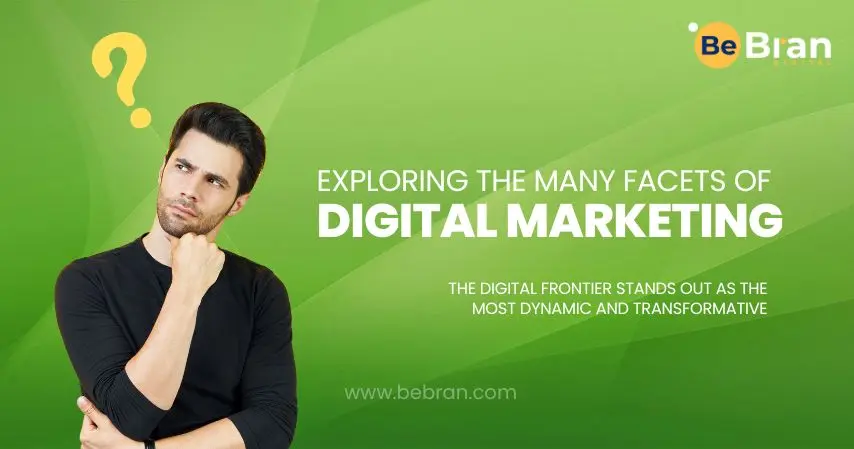
![1707475220 Bebran[1]](https://bebran.com/public/uploads/1709356684_1707475220_bebran[1].webp)




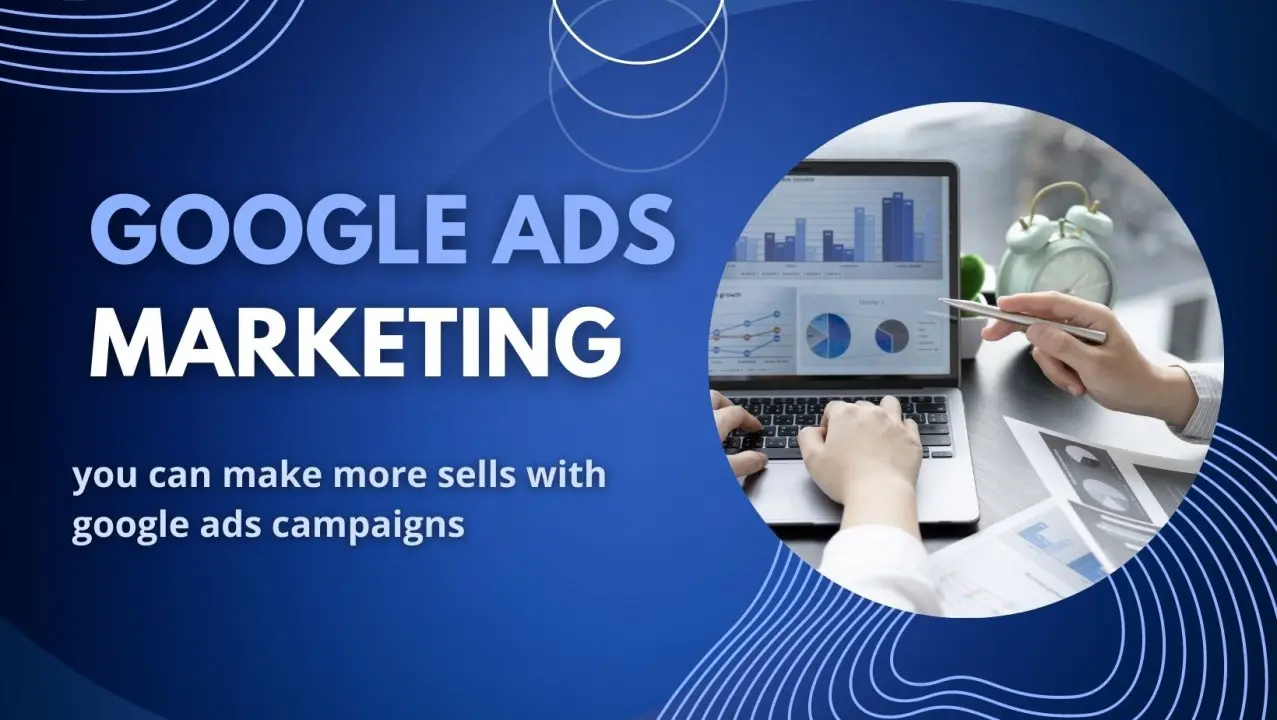
![1707475220 Bebran[1]](https://bebran.com/public/uploads/1709965156_1707475220_bebran[1].webp)
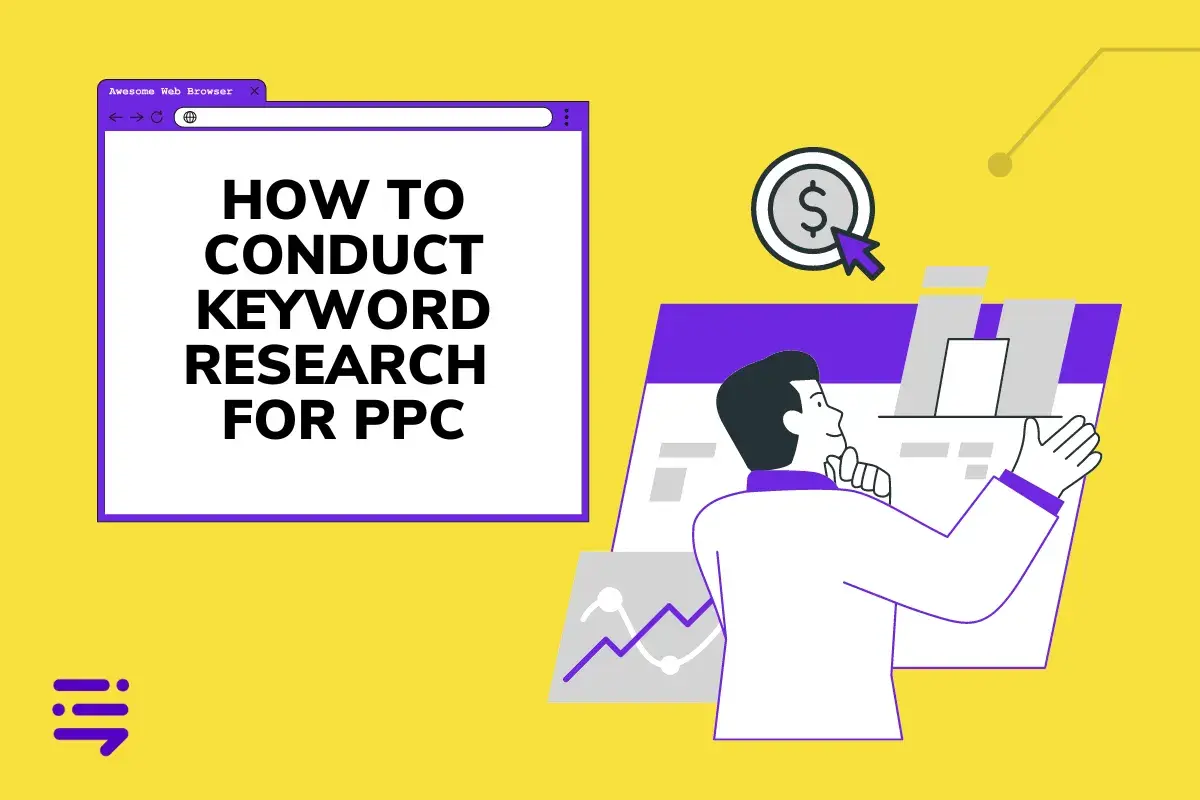
![1707475220 Bebran[1]](https://bebran.com/public/uploads/1709966408_1707475220_bebran[1].webp)
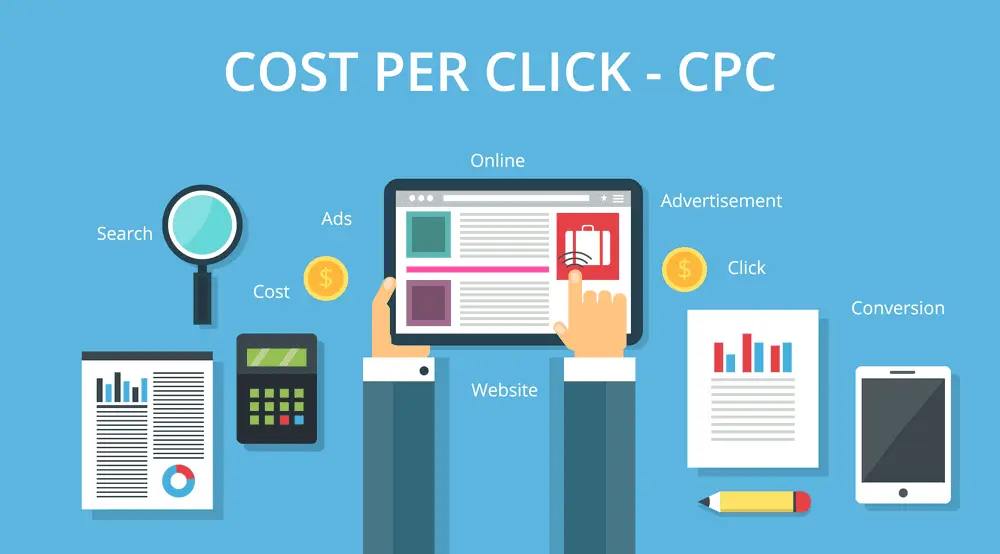
![1707475220 Bebran[1]](https://bebran.com/public/uploads/1709967475_1707475220_bebran[1].webp)
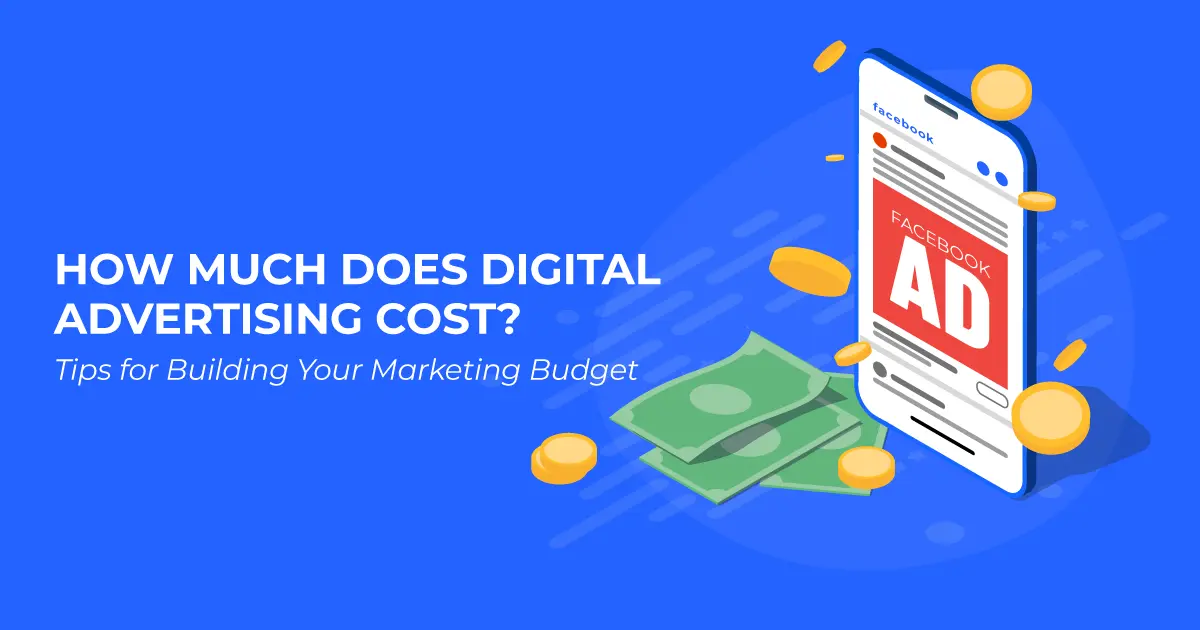
![1707475220 Bebran[1]](https://bebran.com/public/uploads/1709969101_1707475220_bebran[1].webp)
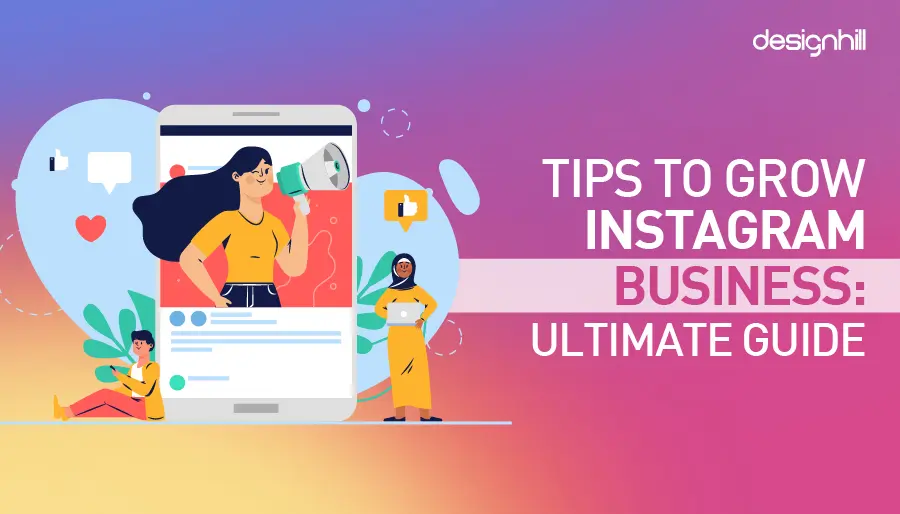
![1707475220 Bebran[1]](https://bebran.com/public/uploads/1709982719_1707475220_bebran[1].webp)

![1707475220 Bebran[1]](https://bebran.com/public/uploads/1709983823_1707475220_bebran[1].webp)
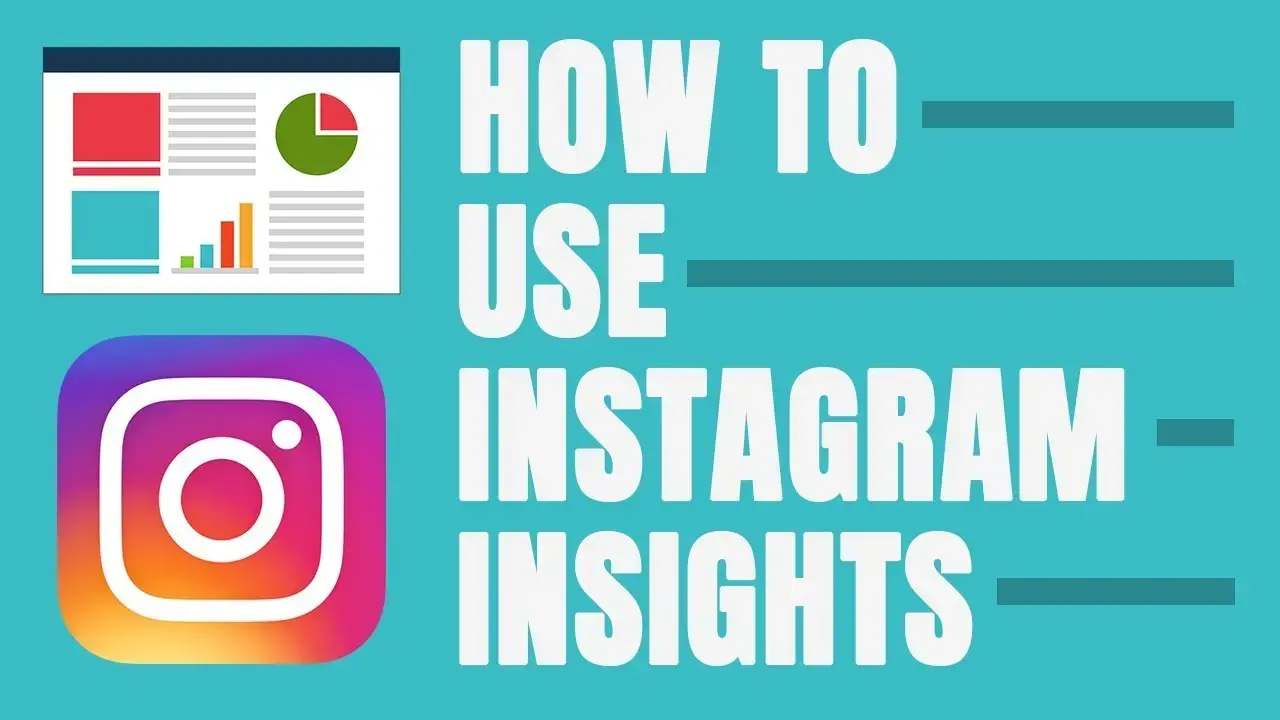
![1707475220 Bebran[1]](https://bebran.com/public/uploads/1709985547_1707475220_bebran[1].webp)





